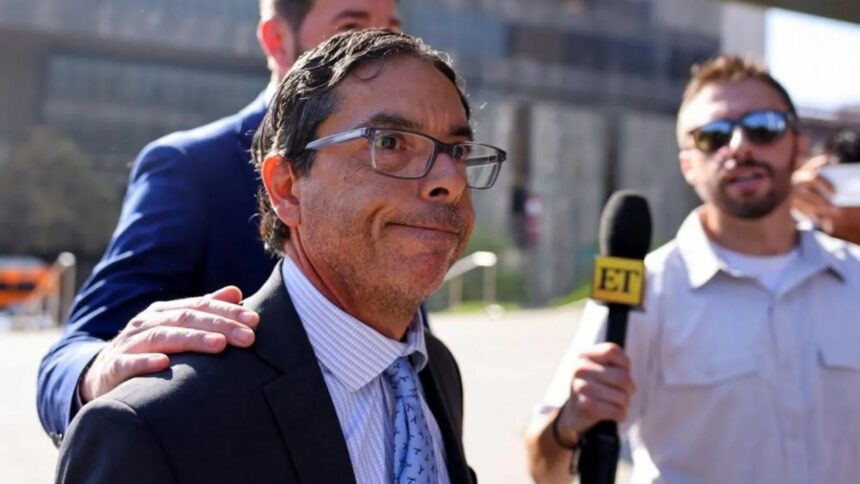By Nakiwala Barbra
A doctor has admitted to his role in the tragic overdose death of actor Matthew Perry, pleading guilty to illegally obtaining and supplying ketamine, the drug that led to the actor’s untimely demise. Perry, known for his iconic role on Friends, died with a high concentration of the drug in his system, according to the post-mortem report.
The case highlights the dark side of celebrity access to dangerous substances and the exploitation by medical professionals who fuel their addictions for profit. Dr. Chavez, who fraudulently prescribed ketamine, has become the central figure in the investigation, underscoring the responsibilities of those in the medical field and the severe consequences when those duties are neglected for personal gain.
Dr. Chavez, who admitted to illegally acquiring and supplying ketamine through a former clinic and a wholesale distributor, worked with Perry’s assistant, Kenneth Iwamasa, to funnel over $50,000 worth of the drug to the actor in the weeks before his death. Prosecutors revealed text messages between Chavez and another doctor involved, showing their intent to exploit Perry’s vulnerability. One message read, “I wonder how much this moron will pay.”
The post-mortem report concluded that the “acute effects” of ketamine were responsible for Perry’s overdose. Ketamine, typically prescribed for depression and pain management, has powerful dissociative effects when abused, contributing to the actor’s tragic end.
As part of his plea deal, Dr. Chavez has surrendered his medical license and passport. He faces up to 10 years in prison and is cooperating with prosecutors in the ongoing investigation. His attorney noted that Chavez has accepted full responsibility and is cooperating in hopes of receiving leniency. His sentencing is scheduled for April 2, 2025.
This case sheds light on the broader issue of medical malpractice, particularly when it intersects with the substance abuse struggles that plague the entertainment industry. Perry’s death, now linked to this unlawful supply of ketamine, raises questions about the pressures of fame and the vulnerability of those who turn to medical professionals for help.


